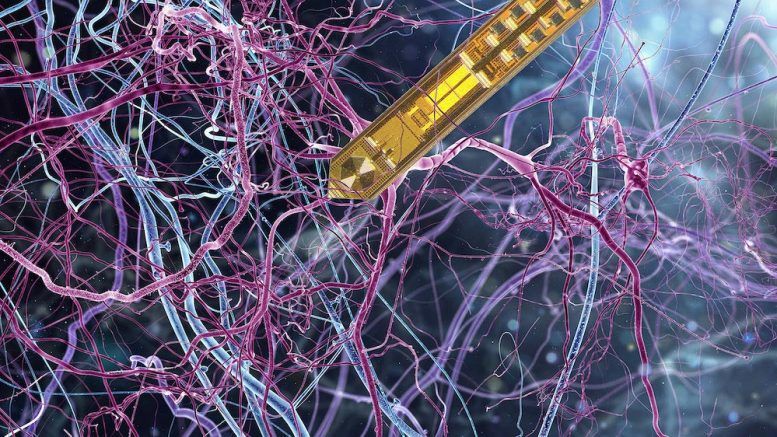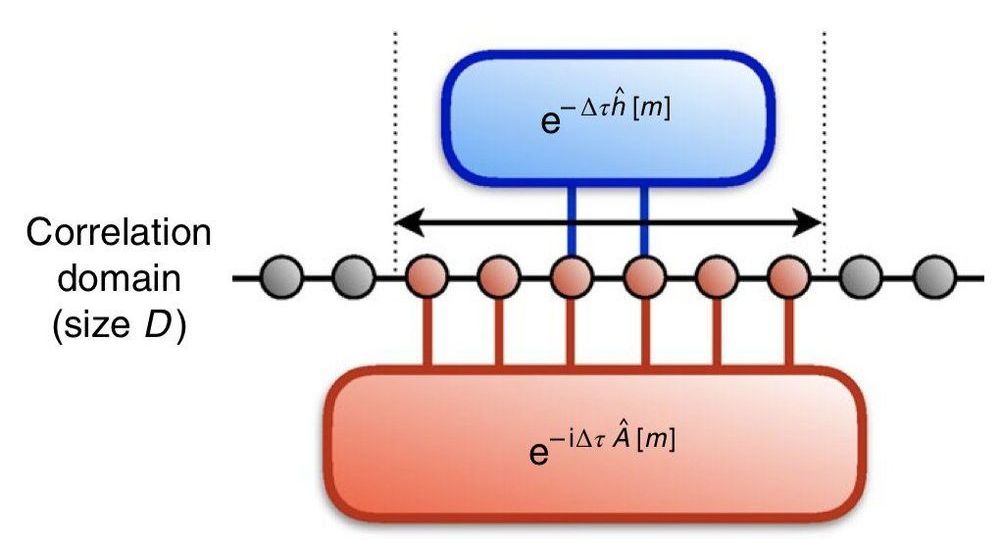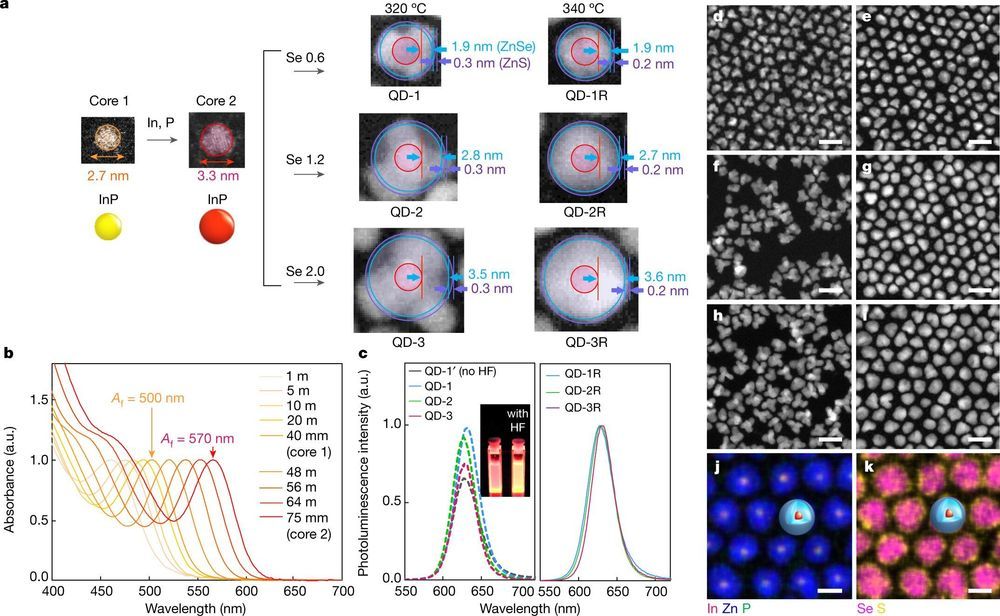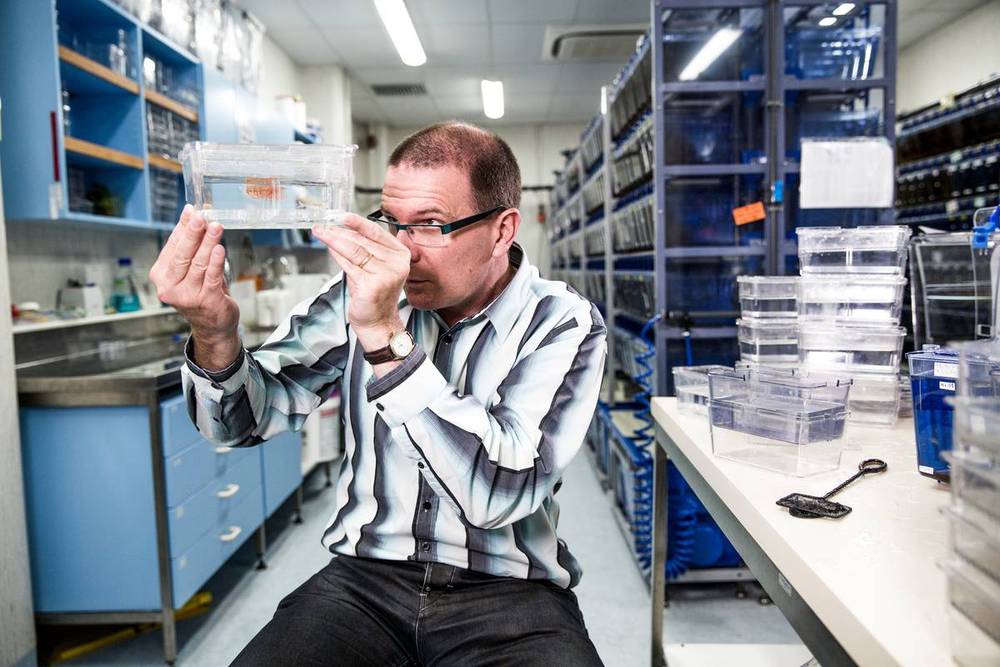O,.,o.
In 1981 astronomer Robert Kirshner made a shocking intergalactic discovery. 700 million light years from the Earth lies an enormous, barren sphere known as the Boötes Void. Its very existence challenges what we know about the universe and its origins. The Void is at least ten times larger than the rules of modern physics say is reasonably likely. As a structure, the Void verges on the impossible.
Yet, this disturbing formation is consistent with Nikolai Kardashevs 1962 theory of advanced alien civilizations and their behavior. Could it be home to a hyper-intelligent extraterrestrial species? A void is a massive region of space that holds either minimal or no galaxies. They are created when mass collapses, and is followed by subatomic particle implosions. With a diameter of 330 million light years, the Boötes Void makes up 0.27% of the observable universe. But according to established scientific understanding its huge size is impossible. The Big Bang theory states that the universe is 14 billion years old, and that it has been expanding exponentially since its birth. Given the age of the universe, there has only been enough time for voids to form that are tens of millions of light years across, not hundreds. Stranger still, is just how empty the Bootes Void is.
It contains only 60 galaxies, around 10,000 fewer than we should expect to find in such a vast expanse. Many believe this means the void is the first observable proof of a Kardashev scale III master race civilization. In 1964 Nikolai Kardashev – now Deputy Director of Russias Astro Space Centre – published his theory for extra terrestrial development, arguing that civilizations develop in 4 stages. A civilization reaches the third phase when it becomes so technologically advanced that it is able to convert starlight into usable energy. At this point, the species is able to replicate itself at astonishing rates, spreading out across the universe and colonizing galaxies. Many consider this is a necessary step for any civilization to avoid extinction. Could this explain the Voids chilling dearth of stars?








